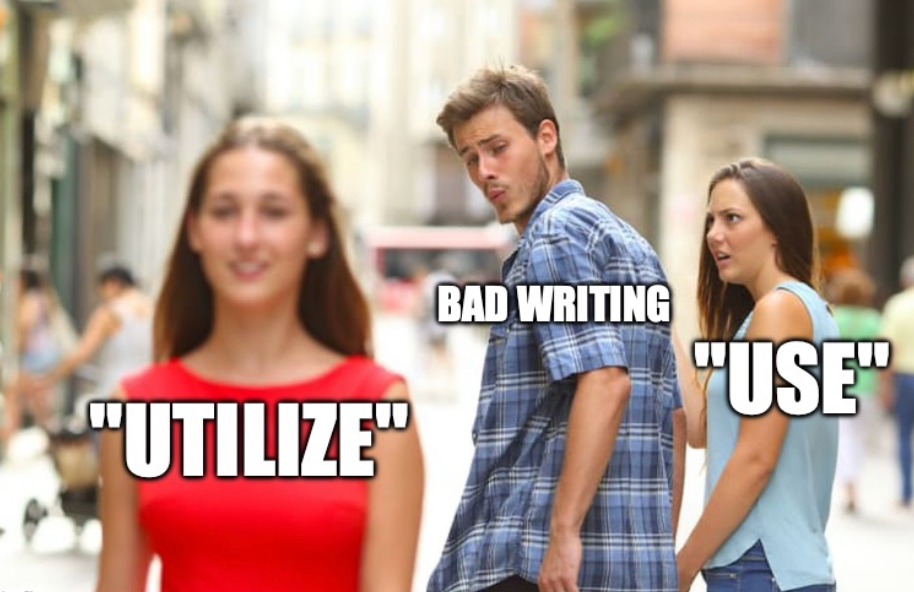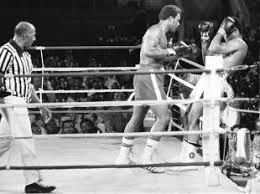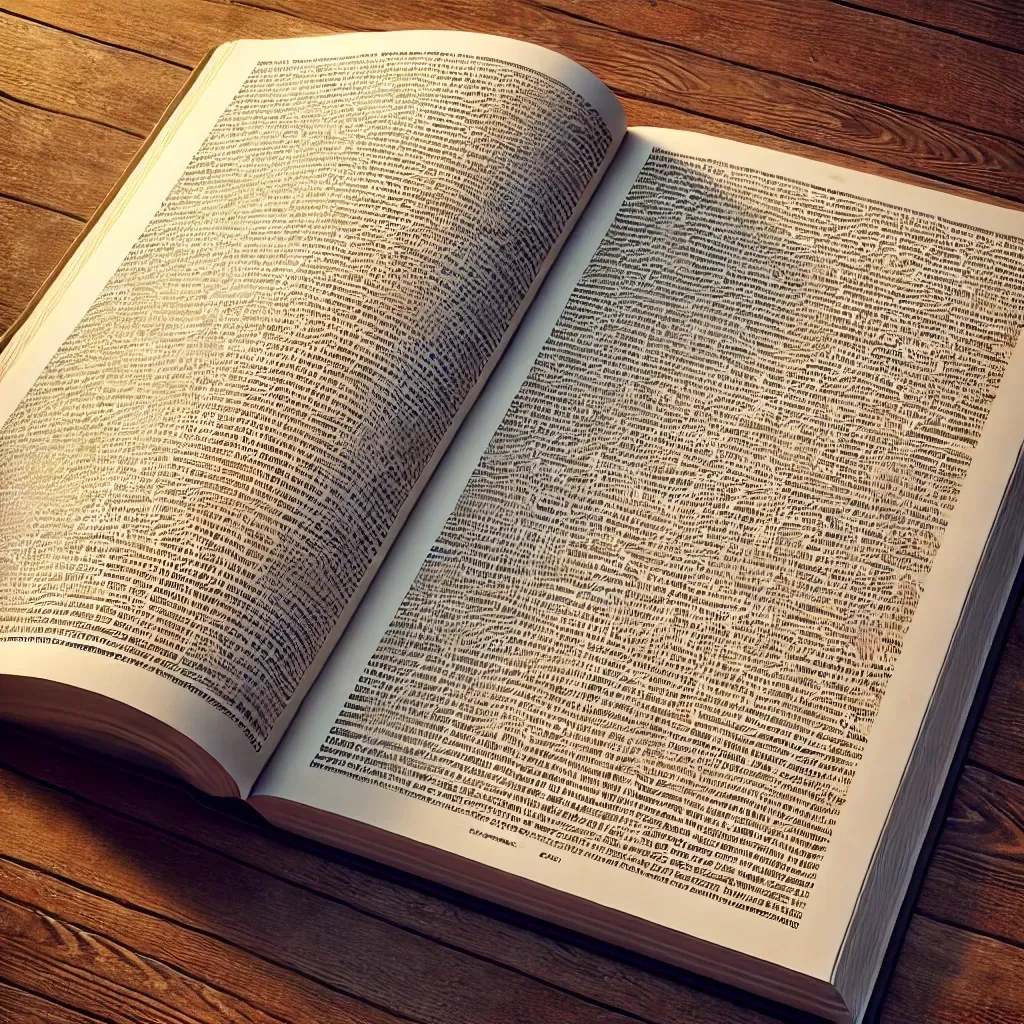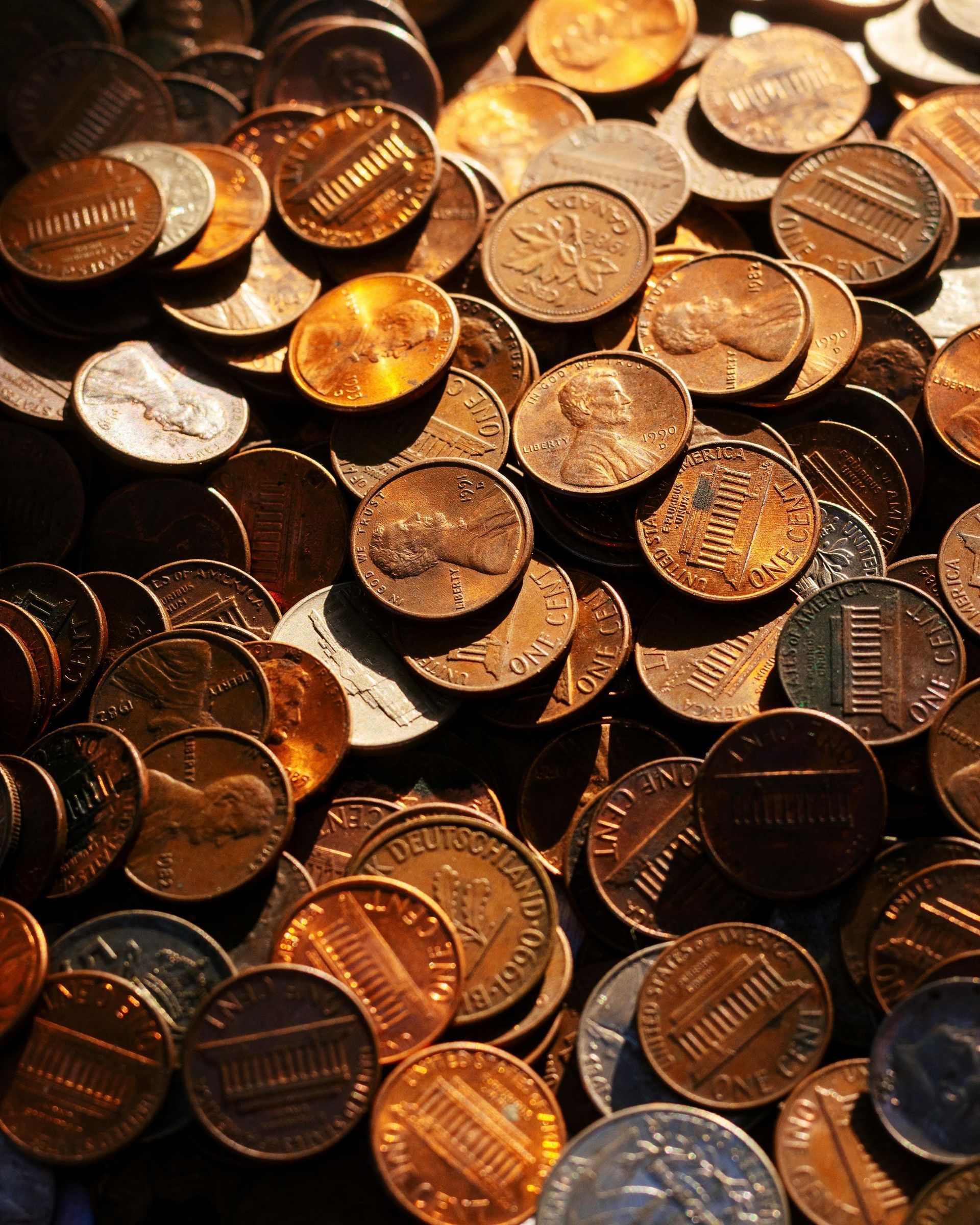Nib #30 — Never Utilize
Bad words come in many flavors.
There are obscenities and vulgarisms unsuitable for polite company. There are all those gross-but-vivid words we inherited from Middle English, like
moist,
phlegm and
curd. And there are words that just rub some people the wrong way, like
nuance in
Diner:
And then there’s utilize.
Utilize can’t claim to be the worst word in the English language — but not for lack of trying. The indictment against the word checks every box. It’s duplicative (of “use”) without any coloring distinction. It’s long and mechanical. It preens that fake -ize suffix like a peacock’s tail. And it’s French.
Utilize’s one redeeming contribution to society is as a BS meter. It’s a poseur word, used not to convey ideas but to sound smart. (This is why it’s popular among young writers trying to impress their readers, unaware it has the opposite effect.)

For all its faults, utilize at least gives us one of the few hard-and-fast, universal rules of English composition: never use the word utilize unless you’re writing about the word itself. Otherwise, use use.
Until next week… keep writing!











